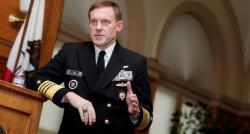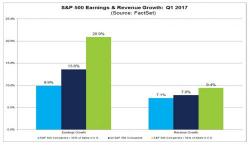Paul Craig Roberts Rages "Are You Ready To Die?"
Authored by Paul Criag Roberts,
“Fifty years ago, the streets of Leningrad taught me one thing: If a fight is inevitable, you must strike first.” Vladimir Putin
In George Orwell’s 1949 dystopian novel, 1984, information that no longer is consistent with Big Brother’s explanations is chucked down the Memory Hole. In the real American dystopia in which we currently live, the information is never reported at all.


